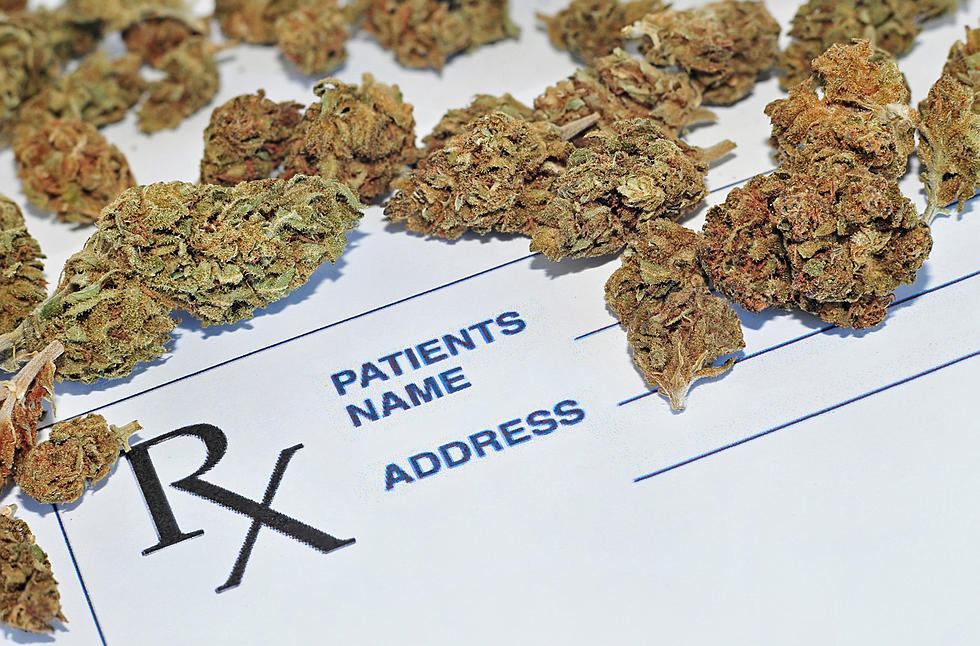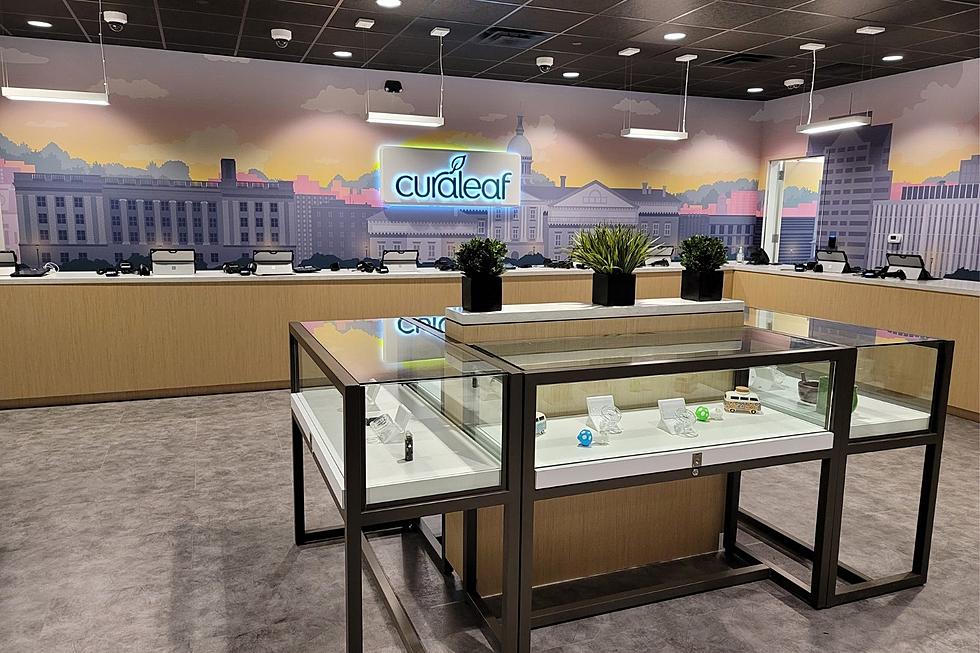
NJ Awards New Medical Marijuana Licenses, Mostly for Growers
TRENTON – Fourteen businesses that applied for medical marijuana licenses in 2019 have finally been awarded them by the state.
Half of the 14 are in Central Jersey, the area determined by the Cannabis Regulatory Commission to have the greatest need relative to current demand. Ten are exclusively growers, while four are being granted licenses as “vertically integrated” operations that grow, process and sell at new dispensaries.
With the four new dispensaries, there would be 27 in New Jersey – though it will likely take 12 to 18 months for the new businesses to become fully operational.
When the state first requested applications in 2019, it planned on five licenses for medical marijuana growers – but approved 10 instead. CRC executive director Jeff Brown said they include five in Central Jersey, three in the north and two in the south.

“Over two years have passed since we set out on this journey, and the patient population looks dramatically different than it did then,” Brown said. “Enrollment shows no signs of abating, and we plan to continue to reduce regulatory barriers. We need to address that need now.”
The medical marijuana program has added 62,500 registered patients in the past year – but nearly half as many have disenrolled. Brown said the state expected that as hurdles in the program were simplified and costs reduced, fewer patients would drop out.
“That has not come true, unfortunately. What we are seeing is a high number of patients disenrolling every month,” he said.
Brown said that was just as true two years ago as it was over the last year, with almost 2,200 people dropping out each month since September 2019.
“This is not a new phenomenon post the passage of the new law that decriminalized possession,” Brown said. “It’s not the result of the runup to personal use cannabis sales. This has been happening for the past two years.”
“It is easier than ever for patients to come into the program, but patients still face high prices, crowded dispensaries and problems finding the strains they find most effective,” he said.
The four new licenses for ‘vertically integrated’ businesses that grow, process and sell medical marijuana at dispensaries include two in Central Jersey and one each in the north and south.
A few people at the hearing questioned why the state doubled its number of new cultivation-only licenses to 10 but didn’t also increase the number of licenses for growers that also operate a dispensary.
No new awards for dispensaries were announced. In its 2019 request for applications, the state said it planned to issue licenses for 15 dispensaries. One hundred nine entities applied.
Forty sought cultivation licenses. The 10 winners for those are: Hillview Med, CYOURNJ and GSCC Management in North Jersey; NJ Nectar Ventures, Noble Valley Harvest Company, Green Medicine NJ, ZY Labs and The NAR Group in Central Jersey; and Bloom Medicinals of PA and Garden State ReLeaf in South Jersey.
Forty-nine applied for licensed as vertically integrated businesses. The four winners are: Etain NJ in North Jersey; Altus New Jersey and Holistic NJ in Central Jersey; and Greenhouse Wellness of NJ in South Jersey.
Specific towns or locations for the new businesses weren’t detailed by the state, only regions.
Letters from the state to the license winners show CYOUR NJ in Wood-Ridge; Garden State ReLeaf in Marlton; Greenhouse Wellness of NJ in Mays Landing; Hillview Med in Pompton Plains; The NAR Group in Dunellen; Nectar Ventures in Hoboken; and Noble Valley Harvest in Neshanic Station. The other seven have corporate addresses in other states.
Central Jersey, for the purposes of the medical marijuana program, is defined as Hunterdon, Middlesex, Mercer, Monmouth, Ocean, Somerset and Union counties.
The CRC approved the license awards in a 4-1 vote, with Commissioner Charles Barker opposed. He didn’t state a reason.
The biggest reason awards from the 2019 round were delayed is that 51 of the 198 applications that were filed on time were disqualified for being incomplete or deficient and 17 appealed. Courts ordered the evaluation process stopped in January 2020, and it didn’t resume until February 2021.
One of the 17 applicants that appealed had its disqualification reversed – ZY Labs, which was awarded one of the cultivation licenses.
The Cannabis Regulatory Commission was then established in April, shifting the program out of the Department of Health to a startup agency also ramping up for adult-use recreational marijuana.
9 Dumb Things About New Jersey
Cozy winter getaway rentals in NJ
More From WPG Talk Radio 95.5 FM










